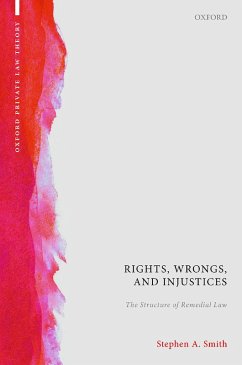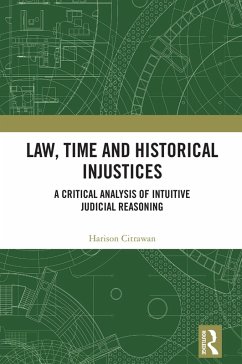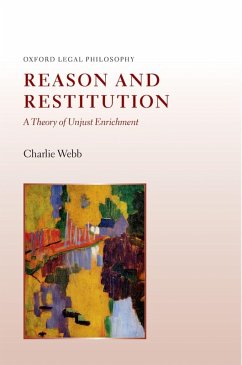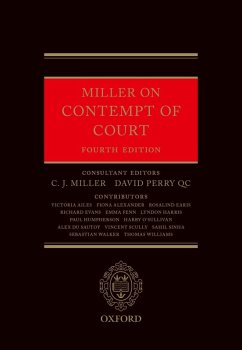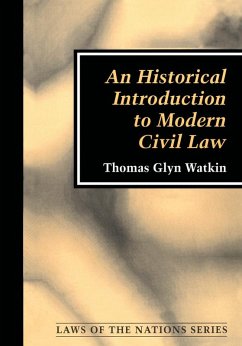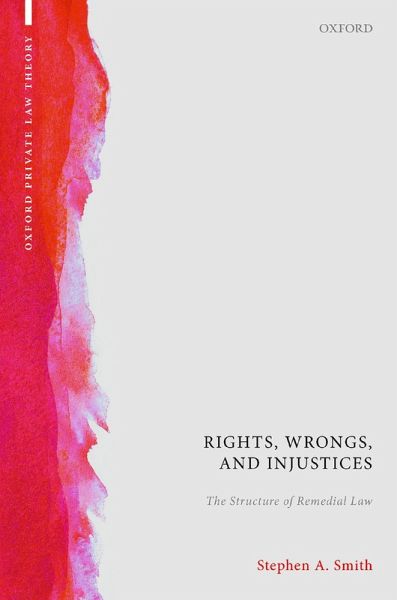
Rights, Wrongs, and Injustices (eBook, ePUB)
The Structure of Remedial Law
Versandkostenfrei!
Sofort per Download lieferbar
49,95 €
inkl. MwSt.
Weitere Ausgaben:

PAYBACK Punkte
25 °P sammeln!
Rights, Wrongs, and Injustices is the first comprehensive account of the scope, foundations, and structure of remedial law in common law jurisdictions. The rules governing the kinds of complaints that common law courts will accept are generally well understood. However, the rules governing when and how they respond to such complaints are not. This book provides that understanding. It argues that remedies are judicial rulings, and that remedial law is the law governing their availability and content. Focusing on rulings that resolve private law disputes (for example, damages, injunctions, and r...
Rights, Wrongs, and Injustices is the first comprehensive account of the scope, foundations, and structure of remedial law in common law jurisdictions. The rules governing the kinds of complaints that common law courts will accept are generally well understood. However, the rules governing when and how they respond to such complaints are not. This book provides that understanding. It argues that remedies are judicial rulings, and that remedial law is the law governing their availability and content. Focusing on rulings that resolve private law disputes (for example, damages, injunctions, and restitutionary orders), this book explains why remedial law is distinctive, how it relates to substantive law, and what its foundational principles are. The book advances four main arguments. First, the question of what courts should do when individuals seek their assistance (the focus of remedial law) is different from the question of how individuals should treat one another in their day-to-day lives (the focus of substantive law). Second, remedies provide distinctive reasons to perform the actions they command; in particular, they provide reasons different from those provided by either rules or sanctions. Third, remedial law has a complex relationship to substantive law. Some remedies are responses to rights-threats, others to wrongs, and yet others to injustices. Further, remedies respond to these events in different ways: while many remedies (merely) replicate substantive duties, others modify substantive duties and some create entirely new duties. Finally, remedial law is underpinned by general principles-principles that cut across the traditional distinctions between so-called "legal" and "equitable" remedies. Together, these arguments provide an understanding of remedial law that takes the concept of a remedy seriously, classifies remedies according to their grounds and content, illuminates the relationship between remedies and substantive law, and presents remedial law as a body of principles rather than a historical category.
Dieser Download kann aus rechtlichen Gründen nur mit Rechnungsadresse in A, B, BG, CY, CZ, D, DK, EW, E, FIN, F, GR, HR, H, IRL, I, LT, L, LR, M, NL, PL, P, R, S, SLO, SK ausgeliefert werden.




